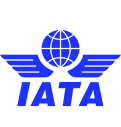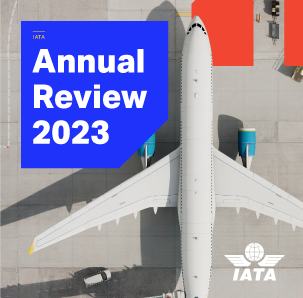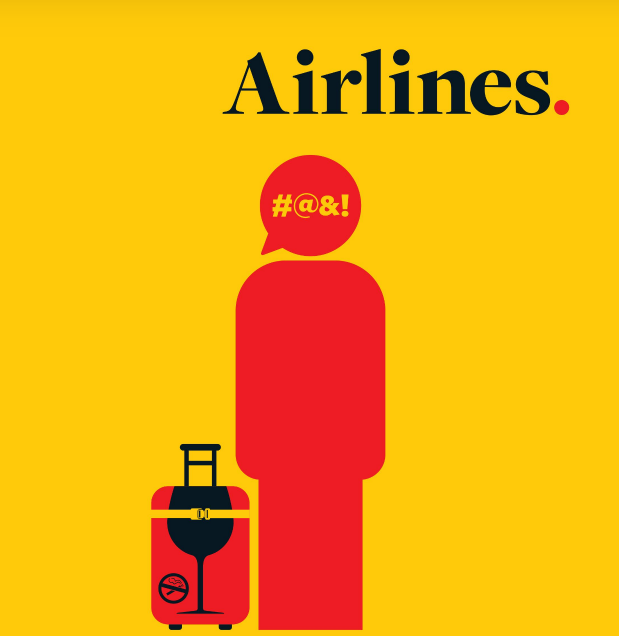
Madrid, Spain – The International Air Transport Association’s (IATA) inaugural World Sustainability Symposium (WSS) opened in Madrid with a focus on actions needed to achieve the aviation industry’s commitment to net zero CO2 emissions by 2050.
“Air travel demand shows that we all want a world where we can fly and do so while reducing our carbon footprint. Sustainability is the industry’s greatest challenge, and we are not shying away from our responsibilities. Our commitment to net zero CO2 emissions by 2050 is firm. The WSS will allow participants to focus on the same mission, with ambition and urgency, to build momentum to reach our goal. We are here to share learnings, keep abreast of the pace of change, and adjust our work accordingly, while rallying governments and stakeholders to facilitate decarbonization within the industry,” said Willie Walsh, IATA’s Director General.
Key elements to help achieve net zero CO2 emissions by 2050 being addressed at the WSS include:
1. Climate impact mitigation strategies
Sustainable Aviation Fuels (SAF) are expected to make the greatest contribution (62%) to achieving net zero by 2050. Demand for SAF is high, but supply is lagging. And, significant challenges remain in scaling up to the needed levels. Global experts will examine supporting elements of a solution:
- Government policies to incentivize production,
- Diversification of methods and feedstocks to produce SAF,
- Global frameworks ensuring that SAF output from renewable energy production is consistent,
- Attracting investment to scale up production,
- Establishing a robust SAF accounting framework, based on trusted chain-of-custody supporting a book-and-claim system for tracking,
- The potential for SAF production to benefit from developing carbon capture and storage technologies.
WSS participants will also look at broader mitigating strategies including hydrogen or electric powered aircraft and the continuous efficiency improvements in airframe and engine technologies. The role of collaboration in value chains will also be explored. Notably, the aviation industry’s approach to mitigating its environmental impacts is wide ranging. The following topics are among the non-CO2 impacts to be discussed at WSS:
- Updates on efforts to assess, monitor, report and ultimately mitigate the impacts of contrails,
- Eliminating plastic from the aircraft cabin.
2. Tracking progress towards net zero
In 2021, IATA member airlines approved a resolution to achieve net zero CO2 emissions by 2050. In 2022, the International Civil Aviation Organization (ICAO) adopted a Long Term Aspirational Goal (LTAG) for international aviation of net zero CO2 emissions 2050. While these commitments have established an absolute goal with a clear end-date, no concrete plan has yet been formulated as to how progress will be monitored and tracked at an industry level. The Symposium will also look at a consistent methodology and reporting mechanism which is needed to credibly and accurately track progress towards the net zero by 2050 goal. It will take into account the various levers of decarbonization such as SAF, next generation aircraft and propulsion technologies, infrastructure and operational improvements, and carbon offsetting/removal of residual emissions.
3. Key enablers
Globally aligned strategic policies to provide incentives and support for aviation are key to the industry's transition to net-zero. As with all other successful energy transitions, notably the renewable energy transition, collaboration between governments and industry stakeholders is crucial in creating the necessary framework to achieve the decarbonization goals.
The Symposium will undertake a deep dive into the key roles that finance and policy will play in accelerating progress on the way to net zero and, ultimately, helping to abate some of the costs and investments needed while enabling the energy transition.
"This event aims to identify areas for concrete action that can accelerate aviation’s transition to net-zero CO2 emissions by 2050, as there is clearly no time to waste. This is tough and dynamic challenge, and no single action is going to provide a magic solution on its own. Instead, we need to move forward on all fronts simultaneously, and this will require a unique level of collaboration across all parts of our industry, together with regulators and the financial sector. This is why the WSS and its future editions are of critical importance – allowing key decision makers, all necessary in aviation’s net-zero transition, to confront ideas and debate solutions so that we can make things happen, together“, said Marie Owens Thomsen, IATA’s Senior Vice President of Sustainability and Chief Economist.
About WSS
The WSS is hosted by Iberia with participation by more than 450 professionals from aviation, sustainability, technology and finance disciplines as well as policy makers and other stakeholders. It is the first time that IATA is holding the WSS, which will become an annual feature on the IATA Events calendar.
Opening remarks will be delivered by:
- Fernando Candela, CEO, Iberia
- Juan Carlos Salazar, Secretary General, ICAO
Following the opening remarks, the CEO panel moderated by Clare Sebastian of CNN will take place featuring:
- Anne Rigail, CEO, Air France
- Luis Gallego, CEO, International Airlines Group
- Patrick Healy, Chair, Cathay Pacific Airways Limited
- Roberto Alvo, CEO, LATAM Airlines Group
- Willie Walsh, Director General, IATA
For more information, please contact:
Corporate Communications
Tel: +41 22 770 2967
Email: corpcomms@iata.org
Notes for Editors:
- IATA (International Air Transport Association) represents some 300 airlines comprising 83% of global air traffic.
- You can follow us at twitter.com/iata for announcements, policy positions, and other useful industry information.


